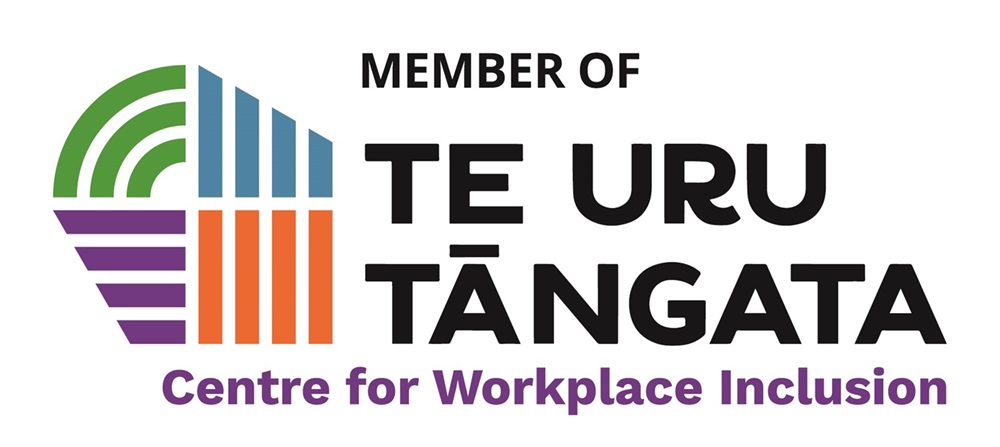It will no longer be mandatory for individual employment agreements to reflect collective agreement terms for the first 30 days if a proposed Government change is successful.
The amendment also aims to change the way employers communicate and report on membership for new employees.
The decision to remove the 30-day rule is in line with current employment trends which are tending to favour employers.
Government rationale
The Government’s proposed change focuses on repealing a rule that requires an individual employment agreement to reflect the terms of any applicable collective agreement – for the first 30 days of employment – whether or not the employee chooses to join a union.
The 30-day rule is contained in section 62 of the Employment Relations Act 2000, and its effect is that both employee and employer are bound by the terms of any collective agreement in place, for the first 30 days of that employee’s employment.
Minister for Workplace Relations and Safety, Brooke Van Velden, said the changes would support freedom of choice and reduce the administrative and financial burden on employers when new employees start in a role.
The Minister has also stated that the change gives employees scope to negotiate their own terms with employers, instead of relying on collective agreements already in place.
It is also worth noting that under the current 30-day rule, those employees who elect to move to an individual employment agreement after the initial 30-day period are unable to have a 90-day trial period in the individual employment agreement, thereby disadvantaging the employer. One advantage of these changes is that a 90-day trial period may now be included if the employee agrees to an individual employment agreement from the outset.
Union notification changes
The amendment goes further than removing the 30-day rule by also aiming to change the way employers communicate and report on membership for new employees.
Employers will no longer have to provide employees with the ‘active choice form,’ as created by the previous Labour government, which enables employees to indicate whether they intend to join a union.
In addition, unions will no longer have the ability to provide information about the role and functions of the unions that employers must currently pass on to employees.
It’s important for employers to note that they will still need to communicate:
- an employee’s right to join a union that is a party to the collective employment agreement;
- how to contact the union; and
- that – if the employee joins the union – the collective employment agreement will bind the employee.
Our thoughts
The decision to remove the 30-day rule is in line with current employment trends which are tending to favour employers.
We believe this will have a significant impact for employers with collective agreements in place, because it gives them more freedom to agree individual terms with new employees right from the start if they want to.
This will also significantly ease the administrative burden on employers, by removing the need to manage transitional employment arrangements and related union notification requirements.
Plus, employers will now be better positioned to negotiate individual terms — including the option to have a 90-day trial period in the agreement if that’s something they would like to include.
If you have any questions or concerns about this or any other employment-related issues, please contact our experts today.



